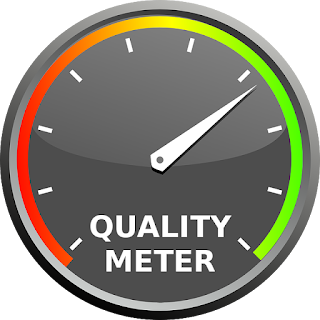Machine translation or automatic
translation is an accepted part of many translation services these days and
there are few English German translation
service providers who are unaware of the pros and cons associated with the
technology. Automated technology has been evolving quite fast and these days
the more sophisticated technology allows human translators to intervene in a way
they were unable to before and it is not seen as a definitive alternative to
human translation itself.
It should be recognised here that
by non human or computer aided translation we are not referring to the simplest
type of computer translation which can be readily accessed on the internet.
These are rarely used by professional
German translators or shouldn’t be! However they do have a place when used
by the individual who wants to know quickly what an individual phrase might
mean or wants to compose an email to a foreign business or supplier in a simple
sort of way and is not prepared to wait for a professional translator to do the
job for them.
The type of translation described
in the last paragraph certainly has its uses, but is not up to the standard of
most translation requirements. Computer aided translation software and related
technology has been specifically designed to help the professional German translator cope with voluminous and often
repetitive text. Instead of laboriously translating this sort of text every
time it arises, it can be remembered by translation software and then used in
any translation task. Basically, the translation memory is instructed to retain
chunks of translated text whenever these chunks are repeatedly used over and over
again.
In some translation tasks, a German translation service will use the
computer assisted software to translate a text, and then improve it based on
their own translation and language experience. This cuts down the time taken to
complete a translation task without compromising on quality. This is of benefit
to both the translation provider and the client. The client benefits because
the time taken to retrieve what they wanted to translate is reduced and the
translator benefits by completing more work and therefore earning more money in
the same time period.
What the computer aided
translation technology cannot do very well is translate nuanced text and
idiomatic expressions. Time and time again, attempts to incorporate more
idiomatic expressions into this sort of translation software have been
unsuccessful as it is often completely context dependent.
There have been estimates that in
the near future that “intelligent” robots could take the place of as many as
50% of all jobs presently performed by people, but it seems that human
translators are still quite safe from getting the sack, even if some of them
are beginning to look over their shoulder!
